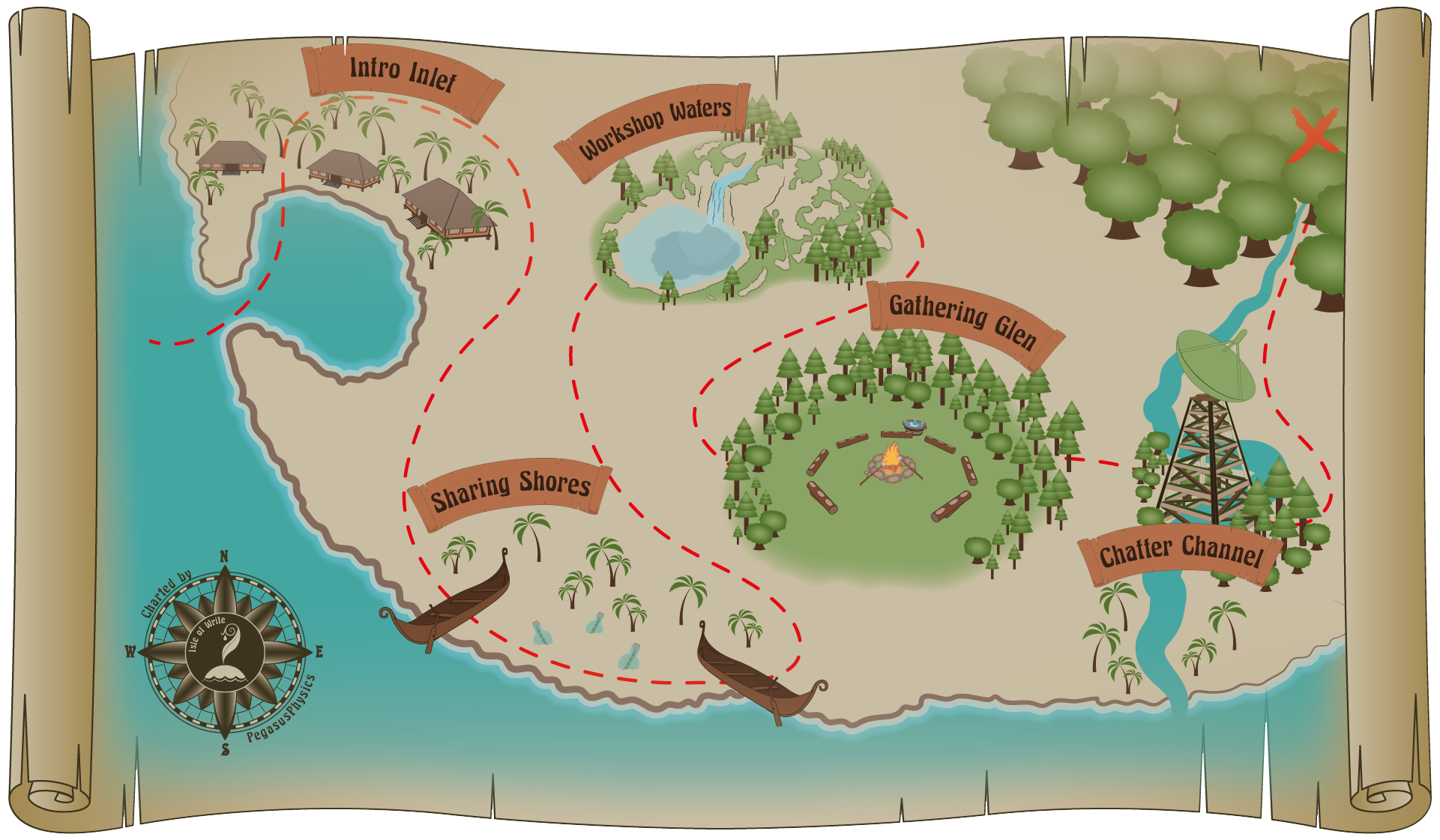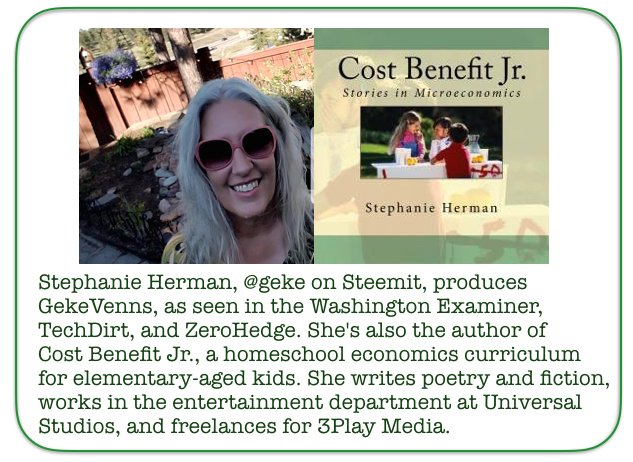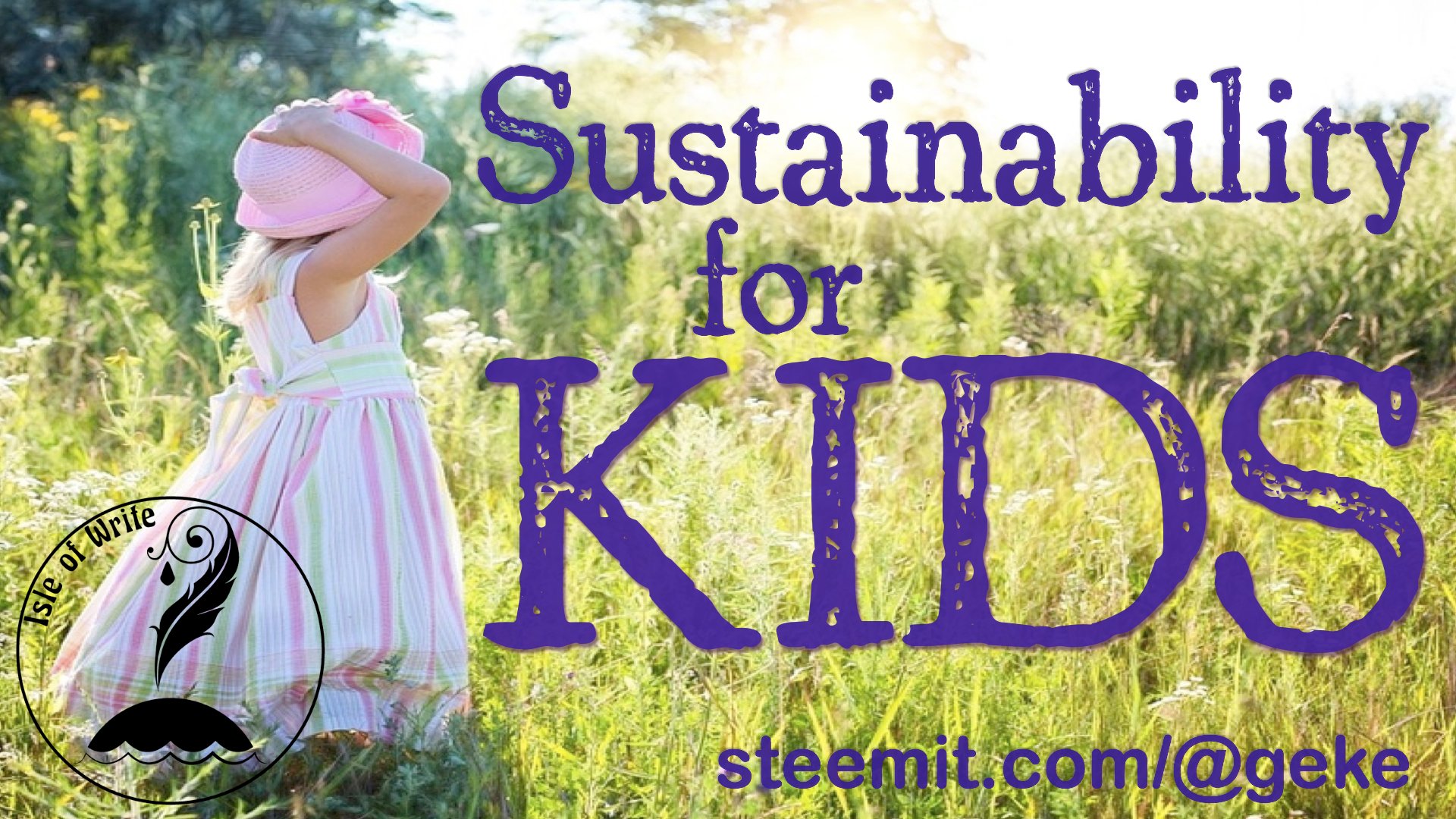
Part 1 | Part 2 | Part 3 | Part 4 | Part 5 | Part 6
Part 7 | Part 8 | Part 9 | Part 10 | Part 11 | Part 12
The government's economic policies for the last hundred years have been all about putting consumption first – especially its “spend and tax” policy. But when consumption is put first, there can't be any natural checks or limits on our consumption, which pretty well explains why we're drowning in overconsumption.
For more sustainable economic policies, we really need to abandon this consumption-first theory. Our focus should be instead on a production-first theory: Say's Law.
Jean-Baptiste Say was a French economist writing in the early 1800s. He came up with a “law of markets” that we now refer to as Say's Law. The easiest way to state Say's Law is to say: Your supply constitutes your demand.
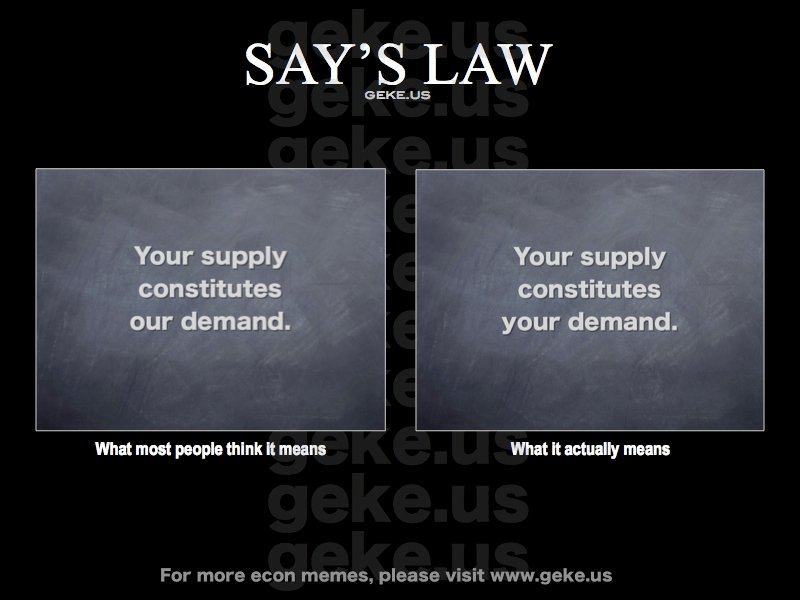
There has been some confusion, though, over what this actually means. Many people think Say's Law is saying that simply by making something, we create a demand for it. So if I produce 10 bars of soap, my new supply of soap will magically create a demand for this soap.
Or, my supply of X creates your demand for X.
But that's not what Say's Law means. Instead, it's saying that if I produce 10 bars of soap, I can now trade those bars of soap for money or other goods and that creates my demand for things that I want to buy.
Or, my supply of X creates my demand for Y.
In short, I have to produce before I consume.
So what does this have to do with sustainability? Say's Law shows how a free market naturally limits overconsumption by requiring that production happens before consumption.
In his book, A Treatise on Political Economy, Mr. Say explained it this way: “As each of us can only purchase the productions of others with his own productions – as the value we can buy is equal to the value we can produce, the more men can produce, the more they will purchase.”
On the flip side, the less men can produce, the less they will purchase. This is the natural limit on overconsumption in a free market! And the only way this natural limit is thwarted is when the government intervenes in markets.
Remember, the government intervenes with economic policies in order to stop market laws or forces from occurring. The government interferes with markets to protect big business from the market force of competition. And the government also tries to protect big business from Say's law of markets. Businesses don't like the law of markets because it's a natural constraint on their profits. They'd much rather see “spend and tax” policies, consumers using credit cards, and government policies that encourage people to spend rather than save.
In fact, if people were to save more of their money, they would be holding onto wealth and strengthening their position in the economy rather than strengthening the position of corporations. We'll explore more about the power of saving next time.
This article is one of a series I'm writing for the 30 Day Writing Challenge hosted by @dragosroua. If you want to join, write on a topic that interests you or that you'd like to learn more about and use the tag #challenge30days. As Dragos says, "The key word sequence here is: "write every day."
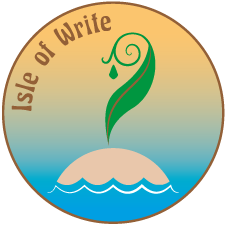
Think you'd like to wash up on our shore?
The treasure map will bring you right to our door!
